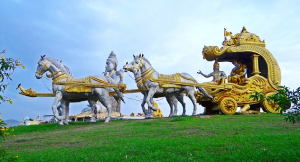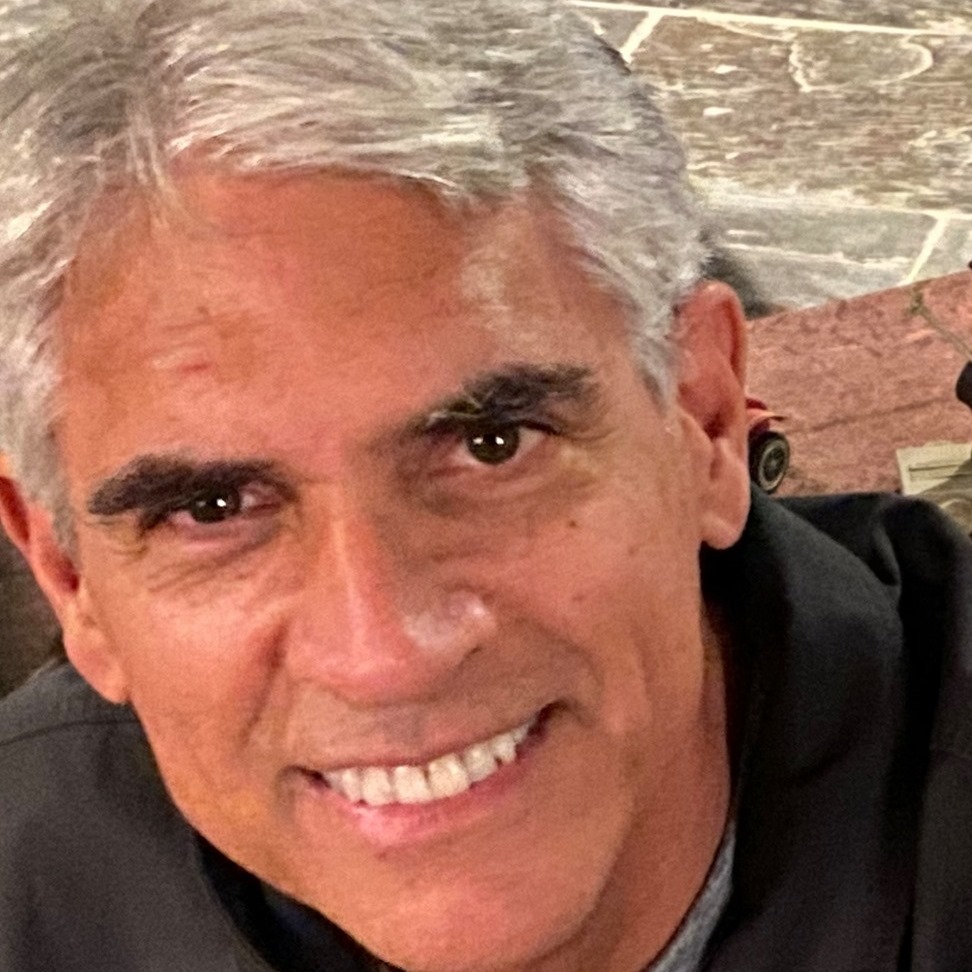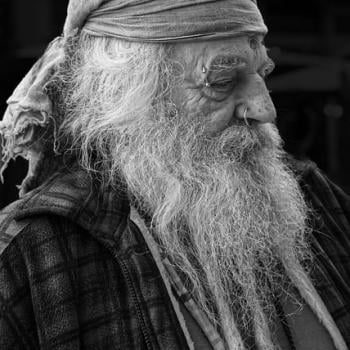 Photo by Bishnu Sarangi from Pixabay
Photo by Bishnu Sarangi from Pixabay
Over the years I’ve been questioned about this very challenging virtue that is extolled in The Bhagavad Gita. For context, Lord Krishna is encouraging his disciple Arjuna to fight a righteous battle that he wants to avoid. The opposing side is made up of relatives whom he loved until they entered “the dark side.” Keep in mind that this army is a malevolent gang. They must be defeated for the good of the kingdom. But Arjuna just doesn’t see that.
In a most stunning soliloquy that describes the immortality of the soul Krishna exhorts Arjuna fight on and dismiss any feelings of sadness due to the great number of lives which will be lost once the war commences.
While not the most precise translation from the original Sanskrit, I have a deep appreciation of the 19th century rendition of the Gita by Sir Edwin Arnold. One would not be faulted for mistaking his poetry for a composition by Shakespeare or one of his contemporaries.
“Thou grievest where no grief should be. Thou speakest words lacking wisdom. For the wise in heart mourn not for souls that live, nor those that die. Nor I, nor thou, nor any one of these ever was not, nor ever shall not be.”
And later…
“This life within all living things, my Prince, hides behind harm. Scorn thou to suffer then for that which cannot suffer.”
The Dilemma
So, how does a pious Hindu rectify this sacred directive with the torrent of feelings that can overwhelm one when perhaps the dearest of the dear has been wrenched from our side? Do we simply suppress the pain and deny any glimmer of the sadness, anger and other stages of grief that the best social science tells us in not only normal, but healthy?
I think not.
To begin with, virtually all religions have an explanation for death that indicate to one degree or another that what we call “death” is really just a natural evolution of existence, going from one plane to another. Some faiths are somewhat vague. Others can paint a very exact picture of what waits for us on the other side. Hinduism tells us that the atman is on a grand journey through multiple incarnations, and will end when we merge into Satchitananda, which translates into ever existing, ever, conscious, ever new bliss.
But let’s face it. Even if we could actually see the soul move from the body into some heavenly plane, we would still mourn. We no longer have access to that person. Depending on how close a relationship we might have to the departed our lives could be altered massively.
Then there is the nonsense of having to appear “strong” in the face of death. When my father died I encountered 2 aunts waiting side by side. I hugged one and began to just bawl on her shoulder. But she admonished me gently, saying that my dad would want me to “be strong.” I left that embrace for one with the other aunt. She, quite wisely, told me to just let it out. Did I ever. I never forgot that. Going through that experience, and 3 decades later the passing of my mother, I am grateful that no one attempted to assuage my sorrow by telling me that “they are in a better place now.” Yeah. Never cared for that one.
Deeper Meanings
Hindu teachers have through the ages acknowledged that the shastras (scriptures) can be interpreted on multiple levels. This portion of the Gita is no exception. On the deepest plane, we are encouraged to view the Pandavas (good guys) as our highest and noblest qualities. Our passions, desires, ill-will are represented by the Kurus, the opposing army. Our consciousness is the battlefield. Volumes have been written about this. It would require much more reading time than I suspect you want to invest in this moment. So we’ll move from here now and focus solely on the more literal understanding for now.
Over the centuries we have been blessed by men and women who (we believe) have attained the pinnacle of spiritual unfoldment possible in mortal garb. If we are fortunate to be in their presence, what we usually observe is that they do not hesitate to exhibit all of the qualities of being human. I have never heard of someone “enlightened” as being devoid of humor, outer happiness and even sadness. They are not shy about feeling emotional pain. The obvious question is, if total Self-realization is supposed to be “the funeral of all sorrows” (as it has been described), how is it that we see swamis and mystics in states not undifferent from our mundane emotional challenges?
I believe that those mahatmas have learned to exist on dual levels. Their great compassion and expanded empathy allow them to experience what we do. Otherwise, they would be completely unrelatable automatons drawing few interested in learning from them. And yet, they are able to tune into their highest nature and see fully the illusory nature of both life and death. And in that sweet center they are able to rest in a bliss most of us aspire to.
My Takeaway
My take on Krishna’s advice is that when death visits those close to me I am to draw as much strength as I’m able, focusing on the transitory nature of world. But I am not asked to deny what I may see as very real at the moment. I can be numb. I can cry copious tears. I can withdraw for a time from my normal duties. I’ve never gotten angry due to the demise of a loved one, but I’m certainly fine with acknowledging my right to do so should that be what surfaces.
We also have to take into consideration that Krishna belonged to the Kshatriya varna. This means that he is committed to the protection of the innocent and the upholding of righteousness. His concern about the death and destruction of his family members who have strayed from the path of Light must not be his primary concern. Thankfully, very few of us are placed in such a similar position. However, I pray that if I find myself confronting a relative who might be committing an act of violence against a defenseless person I would use the appropriate force to neutralize the situation. Of course, if I could accomplish the same without harming anyone I would do so.
As I wander up the road in my spiritual practice I am making every attempt to grow into a space where I am not as affected by outer circumstances as I was. But I never want to pretend. I will feel what I feel. And one of the wonderful things about the Hindu Dharma is that unless we might be doing others great harm, it takes us as we are.

















